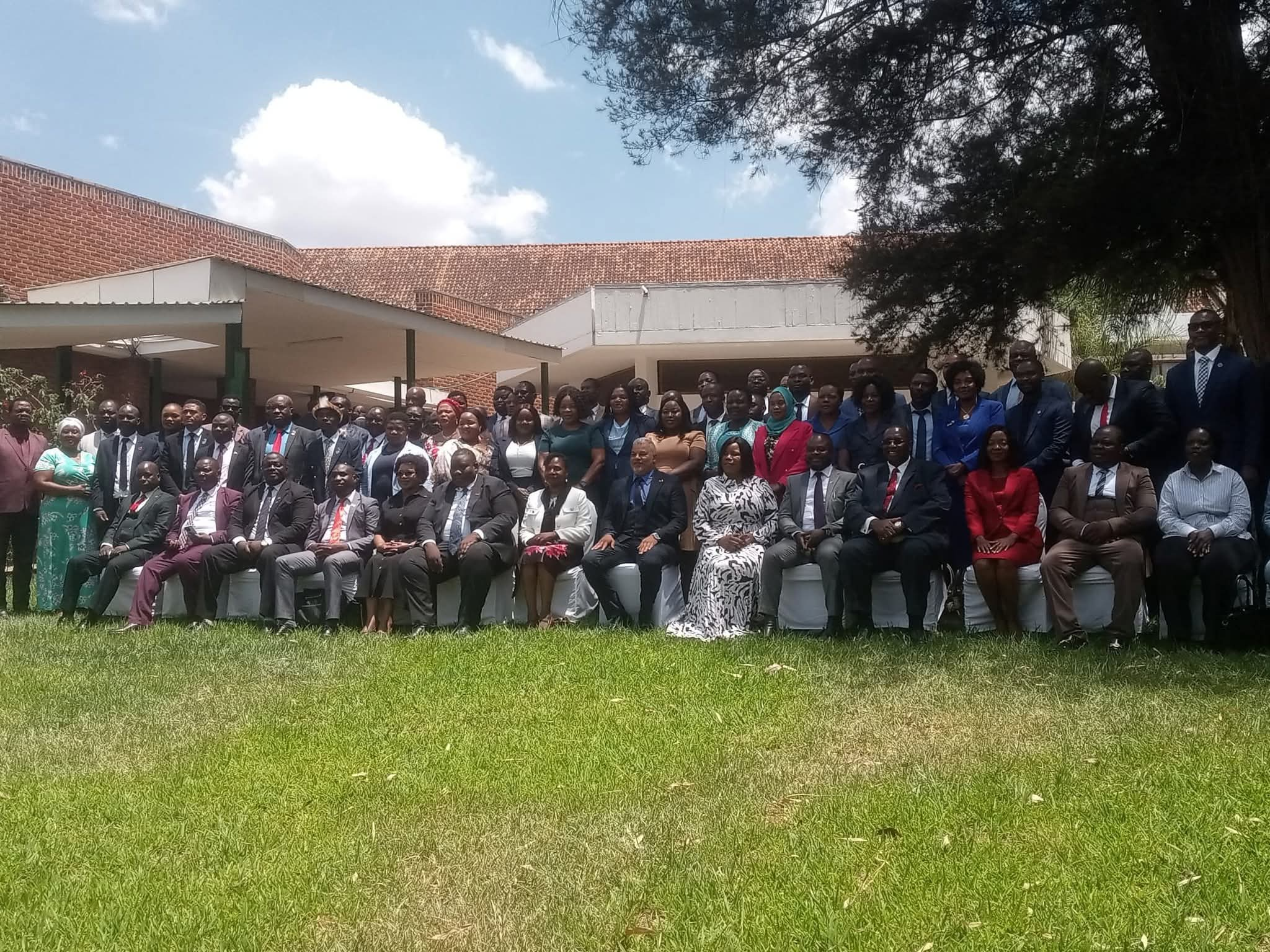By Burnett Munthali
Benjamin Netanyahu’s speech at the United Nations on September 27, 2024, struck a defiant tone as he dismissed global calls for a ceasefire between Israel and Hezbollah. Speaking just an hour before Israeli airstrikes targeted Hezbollah’s leadership in Beirut, Netanyahu framed his country as a beacon of peace, even as the escalating conflict threatened to destabilize the region further.
During his address, the Israeli Prime Minister emphasized Israel’s desire for peace while making no reference to proposed ceasefire agreements for Gaza and Lebanon, championed by the United States and other international actors. Instead, Netanyahu warned of more attacks in the ongoing campaign against Hezbollah, which has already resulted in the deaths of more than 700 people and displaced tens of thousands. He vowed that Israel would continue “degrading” Hezbollah, despite growing international opposition.
As Netanyahu spoke to a half-empty chamber—many diplomats had walked out in protest—the airstrikes in Beirut destroyed several apartment blocks in an attempt to target Hezbollah leader Hassan Nasrallah. Netanyahu’s office released a photo showing him apparently ordering the strike from a makeshift command center in New York, breaking a customary rule against travel during the Jewish Sabbath.
Despite the tension in the UN General Assembly, Netanyahu remained resolute. He criticized the UN as an “antisemitic swamp” and reiterated that Israel’s military operations would continue until Hezbollah was neutralized and the Hamas-led insurgency in Gaza was crushed. His speech marked a significant departure from what was thought to be a near-agreed-upon 21-day ceasefire, which the Biden administration had brokered in collaboration with Israel and other international stakeholders.
Washington, Israel’s most important ally, expressed frustration with Netanyahu’s decision to backtrack on the proposed ceasefire, signaling a rare rift between the two countries. US National Security spokesperson John Kirby noted that the ceasefire proposal had been developed with close Israeli involvement, emphasizing that the proposal “wasn’t just drawn up in a vacuum.”
Netanyahu also used his speech to appeal for a renewed focus on broader Middle East peace, including an agreement with Saudi Arabia. However, Riyadh has made it clear that normalization with Israel would only occur with the recognition of a Palestinian state—a condition Netanyahu seemed unwilling to engage with during his address. Furthermore, Netanyahu called for urgent global action to prevent Iran from developing nuclear weapons, though his rhetoric on Iran seemed out of sync with the immediate focus of global diplomacy, which has been centered on preventing an all-out conventional conflict in the region.
Ending his speech with an adaptation of Dylan Thomas’ poem “Do Not Go Gentle into That Good Night,” Netanyahu insisted that Israel would outlast its enemies and continue to shine bright despite its ongoing conflicts. The address underscored the growing divide between Israel’s actions and the international community’s calls for peace, further complicating efforts to de-escalate the violence in the Middle East.




